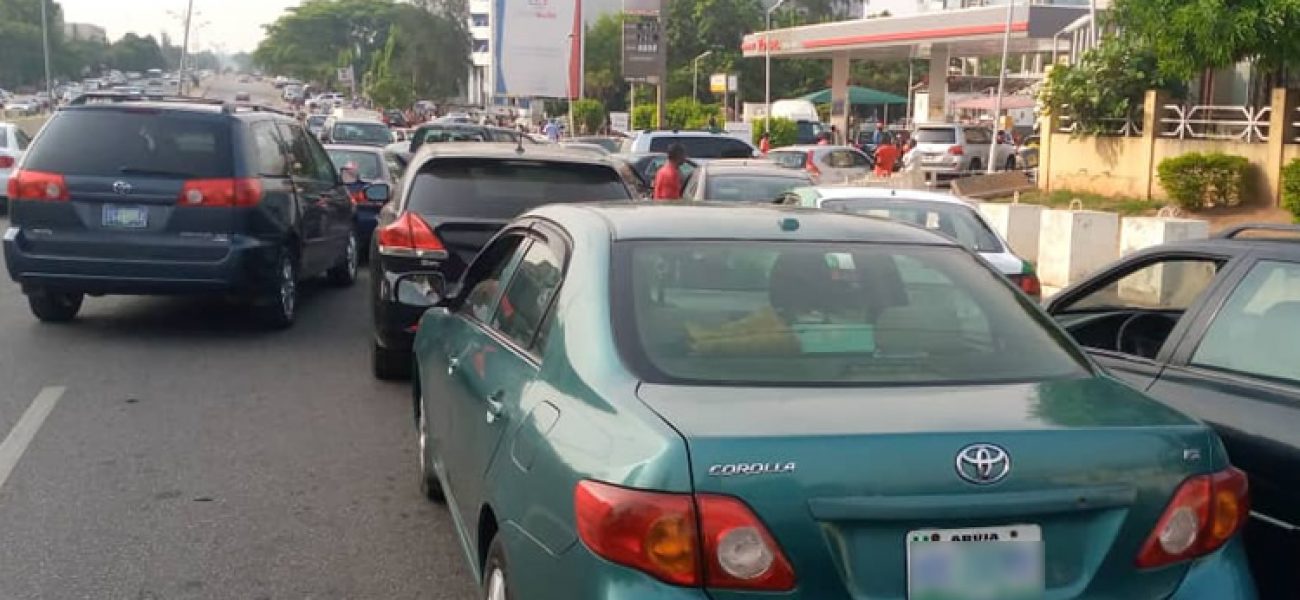The Independent Petroleum Marketers Association of Nigeria (IPMAN) has warned that Nigerians should be ready for the “mother of all queues” if the Federal Government fails to pay what it owes marketers in the downstream oil sector. The marketers denied the claim of the Nigerian Midstream and Downstream Petroleum Regulatory Authority (NMDPRA) that it had paid the sum of N74 billion to them, being the cost of bridging gap claims and freight differentials.
Nigeria has been facing fuel crisis for several months now, with limited supply of petrol causing long queues at filling stations, particularly in the Federal Capital Territory, Abuja and in Lagos State. In other parts of the country where these queues are less, it appears that petrol is sold above the approved pump price. Prices of other petroleum products such as diesel and aviation fuel have skyrocketed, leading to high cost of running businesses and increase in the prices of air tickets.
Meanwhile, the Nigeria National Petroleum Company (NNPC) Limited, successor to Nigeria National Petroleum Corporation continues to operate in its old model. The so-called unbundling of the corporation and its affiliates since the enactment of the Petroleum Industry Act (PIA) 2021 is apparently not working, or at least not yet. The PIA was intended to commercialise petroleum business in Nigeria, with different companies carved out of the old corporation. It would appear however, that not much has changed. The NNPC is currently accused of failing to make remittances to the Federation Account since the beginning of the year. Projected revenue from it has not yielded any dividends. If anything, the company has continued to report loss. There are even reports that monies are being borrowed from the Federal Inland Revenue Service (FIRS) to subsidise fuel import into the country. Prices of petroleum products have soared. Aviation fuel has jumped astronomically to over N700 per litre. Diesel price is at N850 per litre. The government is currently projected to spend half of the country’s annual budget paying for fuel subsidy.
Nigeria has been in long standing discussions with the International Monetary Fund (IMF) and World Bank for support. Conditions given by the Bretton Woods institutions to support Nigeria include fuel subsidy removal and removal of multiple currency exchange rates. The Nigerian government has failed to do any of these. In the meantime, Nigeria’s national economy has continued to worsen and experts predict an out-of-control economy a few months down the line.

